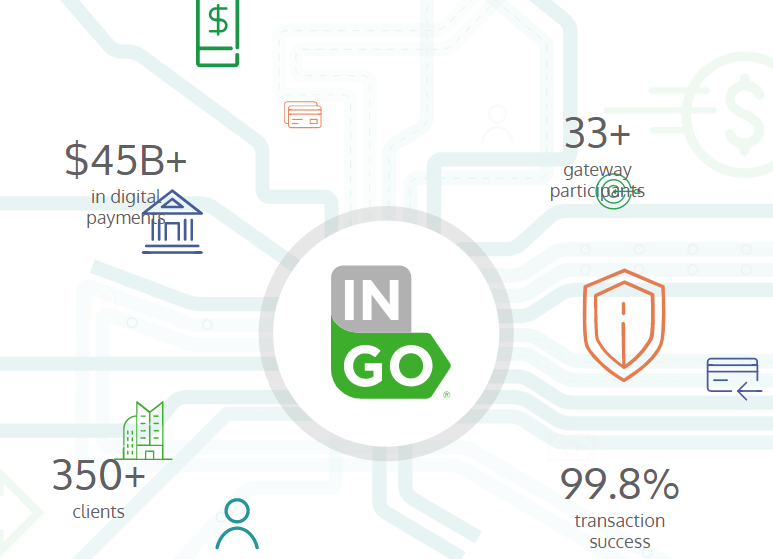
With fraud rampant, risk management is essential in banking and payment processing
Posted On April 2, 2023
Few of us write checks regularly anymore. They’re primarily used for things like insurance payouts and the like. But while the use of checks continues to fall each year, instances of fraud involving checks continues to rise.
“Even as the number of checks reduces 10 percent year over year,” said Rusty Pickering, President and Chief Operating Officer of Ingo Money, “the amount of check fraud attempts that we see is going up something like 30 percent annually.”
Pickering’s firm is a payment processing company based in Alpharetta, Georgia, but a large part of his job is risk management – managing the risk that comes through all this fraud.
“If you’re not doing risk management,” he said, “then all you’re really going to be doing is facilitating payments for fraudsters.”
In a recent episode of “What’s Working with Cam Marston,” Pickering laid out many of the ways that check fraud occurs:
- Stolen checks
- Counterfeit checks
- Fake checks from foreign countries
- Duplicate deposits
“Fraud runs the gamut,” Pickering said, “from fraud of convenience from a very unsophisticated person to organized gangs who are very good at counterfeiting checks on sophisticated equipment.”
 Fortunately for you and me, there’s very little risk to you – the check writer – even with all this rampant check fraud. It’s the banks that are usually left on the hook for it. Firms like Ingo Money spend a good bit of their time investigating fraud, working with local law enforcement and postal investigators, as fraud often occurs from checks that are stolen from the mail.
Fortunately for you and me, there’s very little risk to you – the check writer – even with all this rampant check fraud. It’s the banks that are usually left on the hook for it. Firms like Ingo Money spend a good bit of their time investigating fraud, working with local law enforcement and postal investigators, as fraud often occurs from checks that are stolen from the mail.
“People make fun of the post office, but they are incredibly efficient and organized and effective in chasing down fraud,” Pickering said.
Can all this fraud be eradicated? Sure, Pickering says, when checks go away for good. New methods of payment have overtaken checks, and instant transfer methods for insurance payments and other things for which checks are still used will slowly make them obsolete.
“The check is the oldest, most universally accepted form of payment, especially in the United States, but if you get into some newer developing countries, they’re going straight to digital banking,” Pickering said. “They don’t have checks. They weren’t burdened or hamstrung by the existing infrastructure.
“We’ll stop writing checks, but it’ll take decades more to do it.”
In the meantime, banks and firms like Ingo Money will continue to be vigilant against check fraud and we consumers can take other measures to protect ourselves, like limiting the use of our debit cards.
Pickering says payment methods like Google Pay or Apple Pay are safer, because they create one-time virtual card numbers instead of transmitting our actual card number. Even credit cards are safer, because if our money is tied up until an instance of fraud can be resolved, it’s only our credit limit that’s affected and not our bank account.